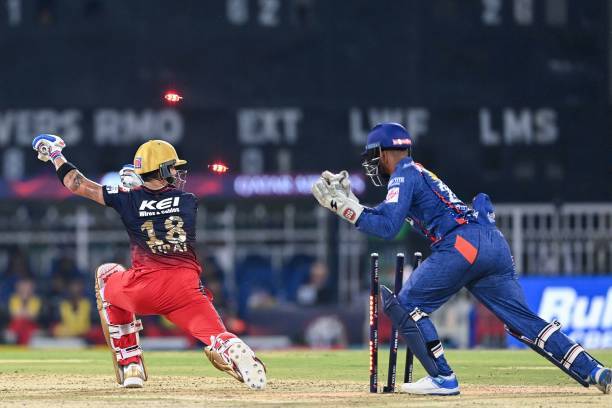Emerging Legal Issues in Esports Cricket: Governance and Regulation: Tigerexch, Golden77.com, Sky 99 exch
tigerexch, golden77.com, sky 99 exch: Esports cricket has become increasingly popular in recent years, with millions of fans around the world tuning in to watch their favorite players compete in virtual matches. As the industry continues to grow, so do the legal issues surrounding it. From governance to regulation, there are a number of emerging challenges that need to be addressed in order to ensure the long-term success of esports cricket.
1. Governance in Esports Cricket
One of the main legal issues facing esports cricket is governance. With so many different leagues and tournaments popping up, it can be difficult to ensure that all players and teams are abiding by the same rules and regulations. This lack of standardized governance can lead to disputes and controversies that can harm the reputation of the sport as a whole.
2. Regulation of Betting and Gambling
Another major legal issue in esports cricket is the regulation of betting and gambling. As with traditional sports, there is a risk of match-fixing and other forms of corruption in esports cricket. It is essential for regulators to work closely with stakeholders to develop strict guidelines that protect the integrity of the sport and the interests of the fans.
3. Player Contracts and Rights
Esports players are often young and inexperienced, making them vulnerable to exploitation by unscrupulous team owners and sponsors. It is crucial for players to have access to legal representation and to understand their rights and responsibilities under the law. Player contracts must be fair and transparent, with clear provisions for issues such as salary, image rights, and termination.
4. Intellectual Property Rights
Esports cricket relies heavily on intellectual property rights, such as trademarks, copyrights, and licensing agreements. It is essential for players, teams, and tournament organizers to understand these rights and to protect their assets from infringement. Legal disputes over intellectual property can be costly and time-consuming, so it is important to have proper legal counsel in place.
5. Data Protection and Privacy
Esports cricket involves the collection and processing of large amounts of data, including personal information about players and fans. It is essential for stakeholders to comply with data protection laws and to safeguard the privacy of individuals. Failure to do so can result in fines, legal action, and damage to the reputation of the sport.
6. Anti-Doping and Health Regulations
Just like traditional sports, esports cricket is subject to anti-doping regulations and health guidelines. Players must adhere to strict rules regarding the use of performance-enhancing substances and must prioritize their physical and mental well-being. It is the responsibility of stakeholders to promote a healthy and safe environment for all participants.
FAQs
Q: Can players be held accountable for match-fixing in esports cricket?
A: Yes, players can be held accountable for match-fixing, and they may face serious legal consequences, including bans and fines.
Q: How are disputes resolved in esports cricket?
A: Disputes in esports cricket are typically resolved through arbitration, mediation, or litigation, depending on the nature of the issue and the parties involved.
Q: Are there age restrictions for esports players?
A: Yes, many leagues and tournaments have age restrictions for players, usually requiring them to be at least 16 or 18 years old to participate.
In conclusion, the legal issues facing esports cricket are complex and evolving. It is essential for stakeholders to work together to develop robust governance and regulation frameworks that protect the integrity of the sport and the rights of all involved parties. By addressing these challenges head-on, the future of esports cricket can be secure for generations to come.







